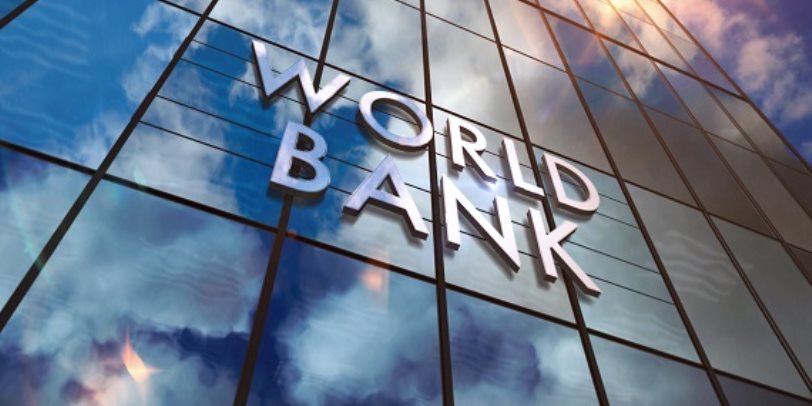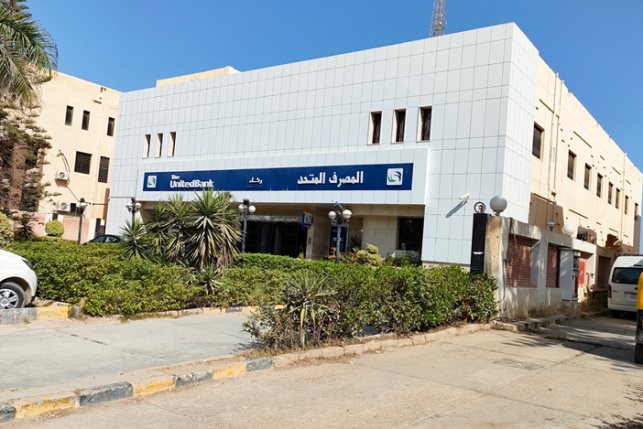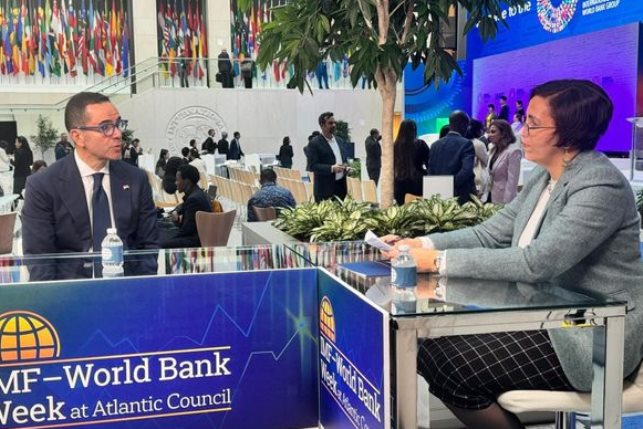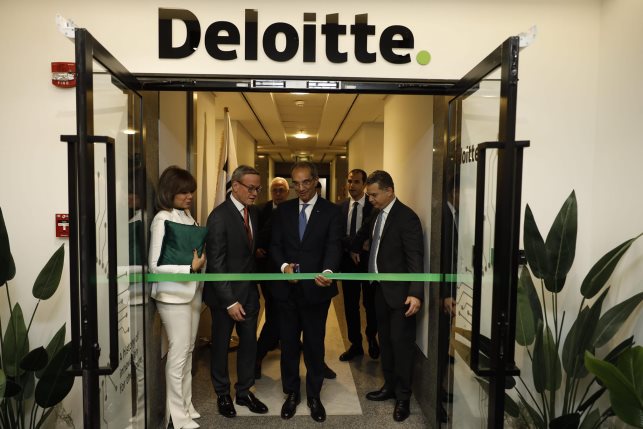Egypt in Talks with World Bank for $700 Million Loan to Bolster Economic Policies
The bank has pledged $6 billion in financing for Egypt, including $3 billion to support government policies.

The World Bank is considering providing a $700 million loan to Egypt to support flexible, green, and competitive economic policies. Negotiations have progressed to the meeting stage for a decision.
The bank has pledged $6 billion in financing for Egypt, including $3 billion to support government policies.
According to the bank, Egypt stands at a critical point in its economic and social development journey, initiated with economic reforms in 2016. While these reforms improved economic reserves, they failed to address economic imbalances.
External imbalances worsened with external shocks like the COVID-19 pandemic, the Russian invasion of Ukraine, and the recent conflict in Palestine.
These events have underscored the importance of shifting priorities towards greater private sector involvement, enhancing economic and financial resilience, and greening the growth trajectory to achieve sustainable poverty reduction.
The proposed program's value is part of a series of three programs disbursed in a single tranche to support development policies that tackle challenges and introduce a new generation of reforms.
There is a study underway to provide guarantees from stakeholders that could increase the financing from the European Bank for Reconstruction and Development.
The project comprises three pillars. Measures proposed in the first pillar aim to improve governance of state-owned enterprises, enhance the regulatory framework for competition, and streamline commercial justice procedures, providing a less costly dispute resolution process.
Support in the second pillar is expected to increase domestic revenue mobilization, improve competition and efficiency in the domestic debt market, reduce government financing costs, enhance public financial transparency, and improve reporting.
The third pillar's measures will mitigate the impacts of climate change and adapt to it by establishing a system for government-wide management and reporting, facilitating the development of Egypt's carbon credit market, increasing the share of renewable energy in the generation mix, and enhancing private sector participation.
While most reforms in the first and second pillars do not have direct impacts on poverty and wealth distribution, moving forward with an electricity tariff that reflects production costs means increased prices for most consumers.
However, legal amendments provide greater support for targeted groups through "social tariffs," aiming to protect the poorest consumers.
Encouraging electricity distribution companies to implement loss reduction programs while avoiding passing on costs to end-users is also part of the strategy.
Supporting Egypt's Economic Transformation Efforts
This proposed loan from the World Bank represents a significant step towards supporting Egypt's economic transformation efforts. The focus on flexible, green, and competitive policies aligns with global trends towards sustainability and resilience.
Egypt's strategic location and economic potential make it a key player in the region, and investments in its economic development can have far-reaching impacts.
The World Bank's involvement underscores the importance of international cooperation in addressing complex economic challenges, especially in the face of global crises such as the COVID-19 pandemic and geopolitical tensions.
As negotiations progress, Egypt and the World Bank will work together to ensure that the proposed loan effectively addresses the country's economic needs while promoting sustainable and inclusive growth.
This partnership exemplifies the collaborative efforts needed to navigate uncertain economic times and build a brighter future for Egypt and its people.
With continued dialogue and cooperation, Egypt is poised to emerge stronger and more resilient, equipped to overcome current challenges and seize future opportunities for growth and development.
The potential $700 million loan from the World Bank to Egypt signifies a significant step towards supporting the country's economic transformation. Negotiations are ongoing, highlighting the importance of international cooperation in addressing complex economic challenges.





